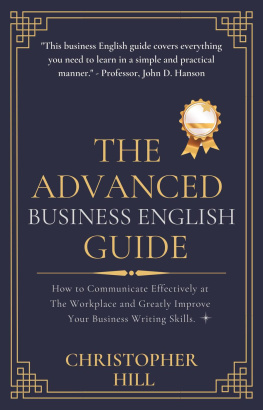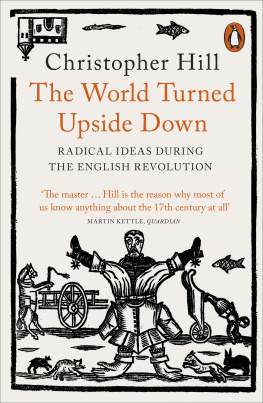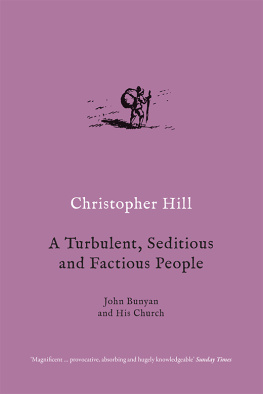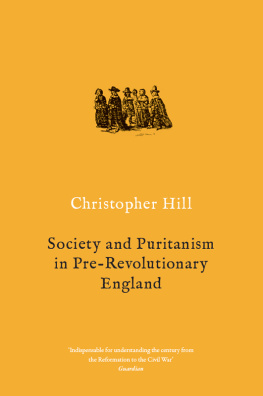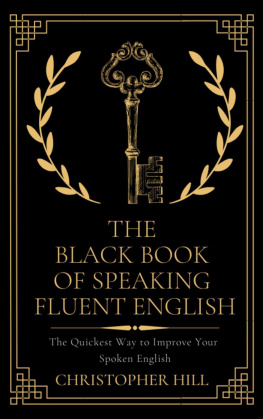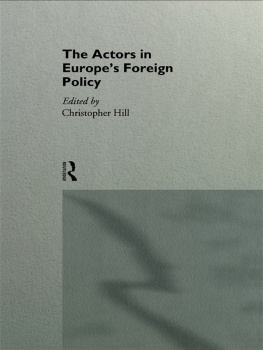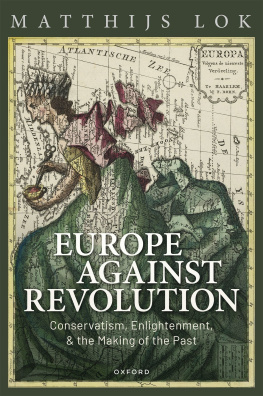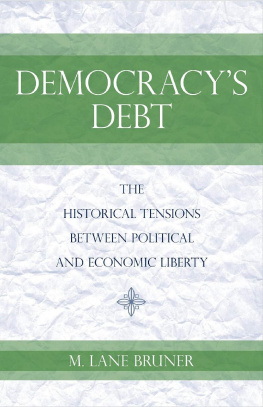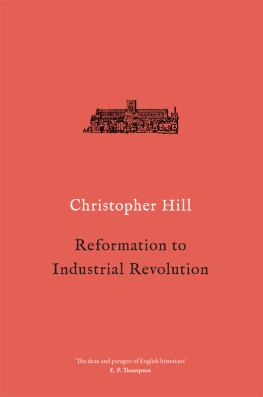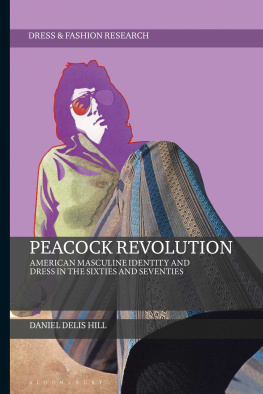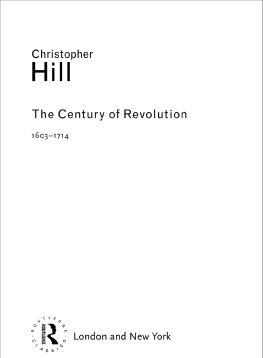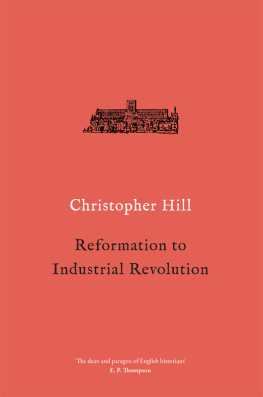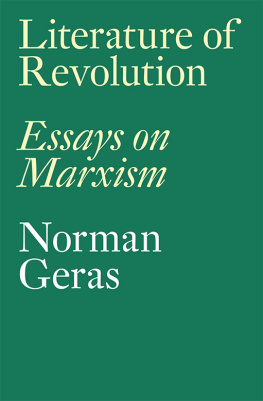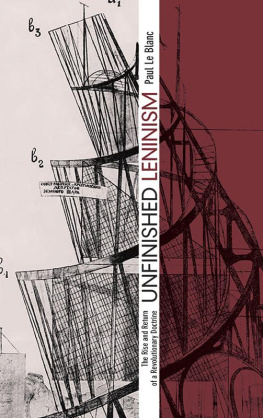For J. A. H. and E. H. H., who taught me most.
PREFACE
T HESE essays were originally written, independently, on various occasions during the past eighteen years. Such unity as they have derives from their concern with the interpretation of what used to be called "The Puritan Revolution". The title of the book is intended to emphasize a double disability from which I believe English historians suffer in their approach to this revolution. First, few of us have any experience of revolutions. The British tradition since the seventeenth century has been almost entirely gradualist: revolutions are things we learn about from books. Secondly, most of us think that we do know all about Puritanism. But too often we are thinking -- whether with conscious hostility or unconscious sympathy -- not of Puritanism at all but of later nonconformity. They differ as much as vinegar does from wine. How many nineteenth century nonconformists, for instance, would have agreed with Milton that a man may be a heretic in the truth? So we have to make a deliberate intellectual effort to open our minds to revolutionaries, and to clear them of erroneous prepossessions about Puritans. When we are dealing with men who were simultaneously Puritans and revolutionaries the task is doubly exacting. "By God I have leapt over a wall, by God I have run through a troop, and by God I will go through this death, and He will make it easy to me." The last words of Major-General Harrison are outside the experience of most of us in this country, though they might seem less strange to members of resistance movements during the late war.
The essays here collected have all, I believe, a bearing on the interpretation of the seventeenth-century revolution, of the ideas which helped to produce it and resulted from it, and of the relation between these ideas and economic and political events. Each essay tackles the problem from a different angle, though I believe they are united by a coherent approach. Their diversity may help to emphasize my conviction that the revolution was a complex event, understanding of which is
-vii-
hindered rather than helped by dwelling exclusively on one aspect of it, whether religious or constitutional or economic or biographical. Men make movements and movements make men.
Most of the essays have been substantially rewritten and expanded for this volume. Where I quote from seventeenth century editions I have retained the original spelling and capitalization, but I have occasionally modernized punctuation and use of italics. Particular acknowledgments are made in notes to individual essays. For help with No. 3 I am deeply indebted to Messrs. Royden Harrison, Morris Pearl, John Saville and especially Edward Thompson. I received much stimulus and help with Nos. 3, 4, 7, and 13, and indeed with anything I have ever written, from the late Miss Dona Torr. Mr. Denis Butt kindly undertook the dreary task of proof-reading. For help with all these essays I am grateful to my pupils, who perhaps do not know how much they have contributed; and to my wife, who knows all too well.
January, 1958.
-viii-
ACKNOWLEDGMENTS
F IRST drafts of these essays appeared in the following: No. 1 in History, No. 141-3, 1956; No. 2 (in German) in Beltrge zum neuen Geschichtsbild, a Festschrift published in honour of the sixtieth birthday of Alfred Meusel, edited by F. Klein and J. Streisand ( Rtten und Loening, Berlin, 1956); No. 4 (in Japanese) in The Journal of Historical Studies (Rekishigakukenkyu), No. 165, 1953, and in English translation in Science and Society, Vol. XVIII, No. 4, 1954; No. 3 in Democracy and the Labour Movement, Essays in honour of Dona Torr, edited by John Saville ( Lawrence and Wishart, 1954); No. 5 in English Historical Review, No. 218, 1940; Nos. 6, 11, and 12 in History Today, October 1953 and October and November 1957; No. 7 in Past and Present, No. 2, 1952; No. 9 in Philosophy for the Future, edited by R. W. Sellars, V. J. McGill, and M. Farber ( Macmillan, New York, 1949); No. 13 in The Modern Quarterly, No. 4, 1946; No. 14 in Essays in Criticism, Vol. V, No. 4, 1955. Acknowledgments and thanks are due to the editors and publishers of all the above for permission to reprint these essays, and to the Clarendon Press for permission to quote from Clarendon's History of the Rebellion and Life. A first draft of No. 10 was broadcast on the Third Programme in May 1956, but neither it nor No. 8 have been printed before.
-ix-
ABBREVIATIONS
| The following abbreviations have been used in the notes: |
| C.C.C. | Calendar of the Committee for Compounding with
Delinquents. |
| C.J. | Commons' Journals. |
| C.S.P.Col. | Calendar of State Papers, Colonial. |
| C.S.P.Dom. | Calendar of State Papers, Domestic. |
| C.S.P. Venetian. | Calendar of State Papers, Venetian. |
| D.N.B. | Dictionary of National Biography. |
| Econ.H.R. | Economic History Review. |
| E.H.R. | English Historical Review. |
| L.J. | Lords' Journals. |
| H.M.C. | Historical Manuscripts Commission. |
| Trans. R.H.S. | Transactions of the Royal Historical Society. |
-x-
PART I
Movements and Men
-1-
[This page intentionally left blank.] | -2- |
|


